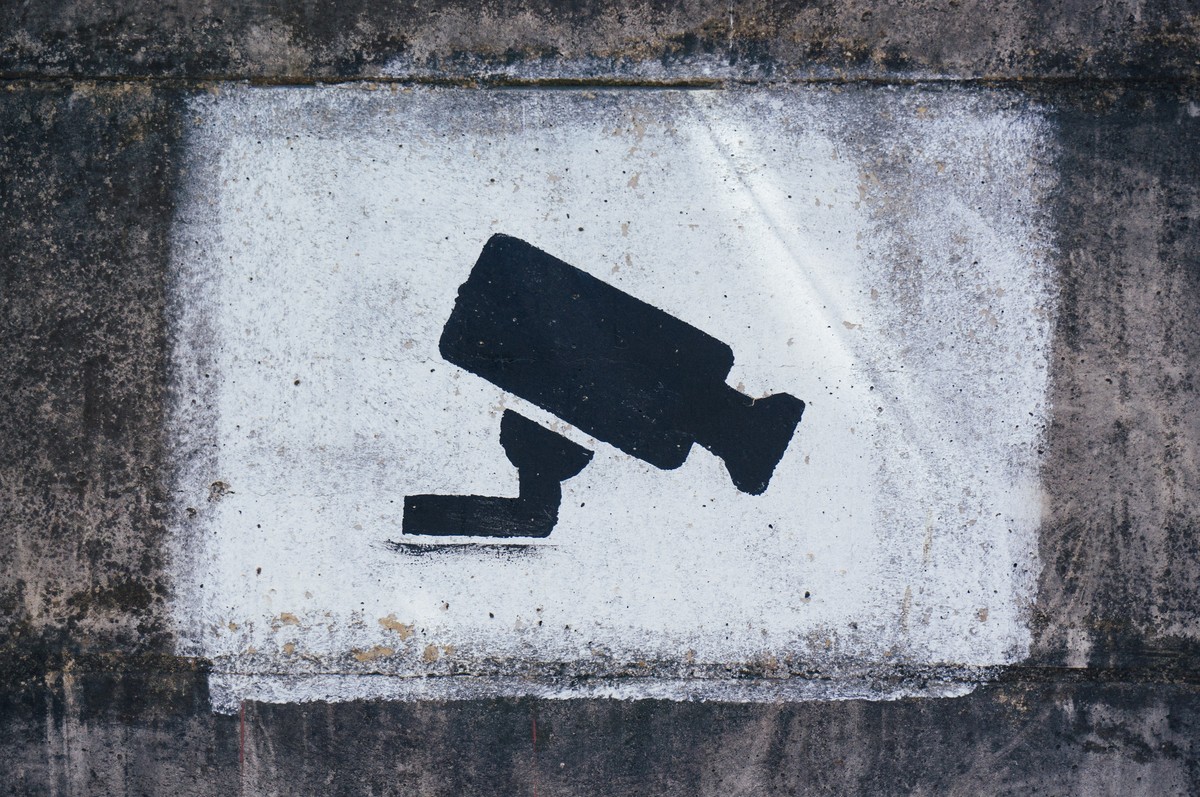Tech giants are united against UK Online Safety Bill

Messaging apps, including WhatsApp, have taken a firm stand against "surveillance" and are jointly challenging specific elements of the UK Online Safety Bill (OSB). WhatsApp, Session, Signal, Element, Threema, Viber, and Wire have all put their names on a letter requesting the government to urgently reconsider the proposed legislation.
Critics argue that the bill could potentially weaken end-to-end encryption, the privacy technology that these companies offer. The government is pushing for the regulator to be able to compel platforms to monitor users in order to detect child abuse images. The government, however, claims that it is feasible to have both privacy and child safety.
The dangers of mass surveillance
End-to-end encryption (E2EE) offers the highest level of security because only the sender and intended recipient can read the message information. Even the app operator is unable to decipher messages as they pass through systems - decryption is only possible for the individuals participating in the chat.
"Weakening encryption, undermining privacy, and introducing mass surveillance of people's private communications is not the way forward," warns an open letter signed by executives of the involved companies. The letter claims that the OSB, in its current form, "opens the door to routine, general, and indiscriminate surveillance of personal messages".
The letter is signed by:
- Element chief executive Matthew Hodgson
- Oxen Privacy Tech Foundation and Session director Alex Linton
- Signal president Meredith Whittaker
- Threema chief executive Martin Blatter
- Viber chief executive Ofir Eyal
- Head of WhatsApp at Meta Will Cathcart
- Wire chief technical officer Alan Duric
It further states that the bill "poses an unprecedented threat to the privacy, safety, and security of every UK citizen and the people with whom they communicate worldwide, while emboldening hostile governments who may seek to draft copycat laws".
Privacy vs surveillance
Matthew Hodgson, CEO of UK-based Element, referred to the proposals as a "spectacular violation of privacy... equivalent to putting a CCTV camera in everyone's bedroom". Will Cathcart, head of WhatsApp at Meta, informed BBC News that WhatsApp would prefer being blocked in the UK rather than compromising encrypted messaging privacy. Meredith Whittaker, Signal's president, expressed similar sentiments, asserting that Signal "would absolutely, 100% walk" if encryption were to be undermined.

Swiss-based app Threema told BBC News that any weakening of its security is "completely out of the question". Spokeswoman Julia Weiss explained that even if surveillance mechanisms were added - which Threema won't do - users could detect and remove them with relatively low effort because the Threema apps are open source.
Service providers will face consequences
Other companies have also expressed their unwillingness to comply. Although email services are exempt, Europe-based Proton, best known for its encrypted email service, is concerned that features in its Drive product may bring it within the scope of the bill. Andy Yen, a representative of the company, suggested that Proton could leave the UK if the law comes into force unamended, as it would no longer be able to "operate a service that is premised upon defending user privacy".
Such a move could mean "refusing service to users in the UK, shutting down our legal entity in the UK, and re-evaluating future investments in infrastructure," according to Proton.
Advertisement




















“Will Cathcart, head of WhatsApp at Meta, informed BBC News that WhatsApp would prefer being blocked in the UK rather than compromising encrypted messaging privacy.”
Isn’t Whatsapp proprietary ? And furthermore owned by Facebook, known to be part of US mass surveillance ?
https://en.wikipedia.org/wiki/PRISM#/media/File:Prism_slide_5.jpg
“It further states that the bill “poses an unprecedented threat to the privacy, safety, and security of every UK citizen and the people with whom they communicate worldwide, while emboldening hostile governments who may seek to draft copycat laws”.”
Strange phrasing. While emboldening friendly governments first of all, as usually happens.
“Matthew Hodgson, CEO of UK-based Element, referred to the proposals as a “spectacular violation of privacy… equivalent to putting a CCTV camera in everyone’s bedroom”.”
Although said as a joke here, it happens that they actually sort of do that too already, and much more. Seriously.